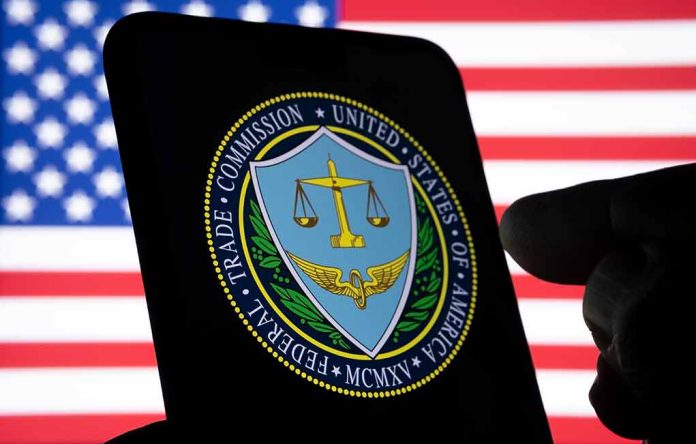
Leaked FTC trial documents expose growing concerns within Meta about Instagram’s potential fake engagement issues.
Key Takeaways
- An unnamed Meta executive claimed up to 40% of Instagram activity might be fake.
- The FTC has finalized a rule against purchasing fake followers for commercial purposes.
- Meta is accused of monopolistic practices with its acquisition of Instagram and WhatsApp.
- Meta argues that it faces significant competition, countering monopoly claims.
- Internal emails are central to the FTC’s case against Meta.
Alleged Misconduct at Instagram
A leaked document from the FTC trial has revealed that a Meta executive mentioned to Instagram head Adam Mosseri that up to 40% of the engagement on Instagram might be fake. The executive stressed the need for integrity enhancements to address this issue, although Mosseri responded cautiously and initially withheld additional resources from the well-being team.
The FTC’s trial aims to break up Meta, highlighting concerns about its grip over social media through platforms like Instagram and WhatsApp. Early concerns in 2018 pointed towards fake activities and resource constraints hindering addressing these issues adequately.
FTC’s Role in Enforcing Authenticity
The FTC has moved to enforce rules against purchasing fake followers, specifically targeting brands and influencers engaged in these practices. Such actions mislead consumers by portraying false indicators of influence, undermining authentic digital marketing and consumer protection.
The authenticity rule prohibits influencers and commercial brands from engaging with fake accounts, influencing the market, and misleading consumers. There’s an exception for personal, non-profit engagements, emphasizing transparency and true consumer engagement.
Monopoly Accusations Against Meta
The FTC’s trial is pivotal in determining if Meta holds a monopoly in the social media realm, manipulating the competitive landscape. The potential sale of Instagram and WhatsApp is an anticipated outcome to restore market competition. Meta’s defense lies in their statement on enduring competition from platforms like TikTok and YouTube.
Internal correspondence and official documents are central to the prosecution’s argument, positing that Meta’s acquisitions are detrimental to a fair, competitive marketplace. Meta has criticized the FTC’s evidence as outdated, emphasizing the dynamic and competitive current market climate.
Sources:
- The FTC is coming after influencers and brands that buy fake followers
- Meta exec’s frantic warning about Instagram’s alarming ‘fake’ activity numbers in spotlight at FTC trial







